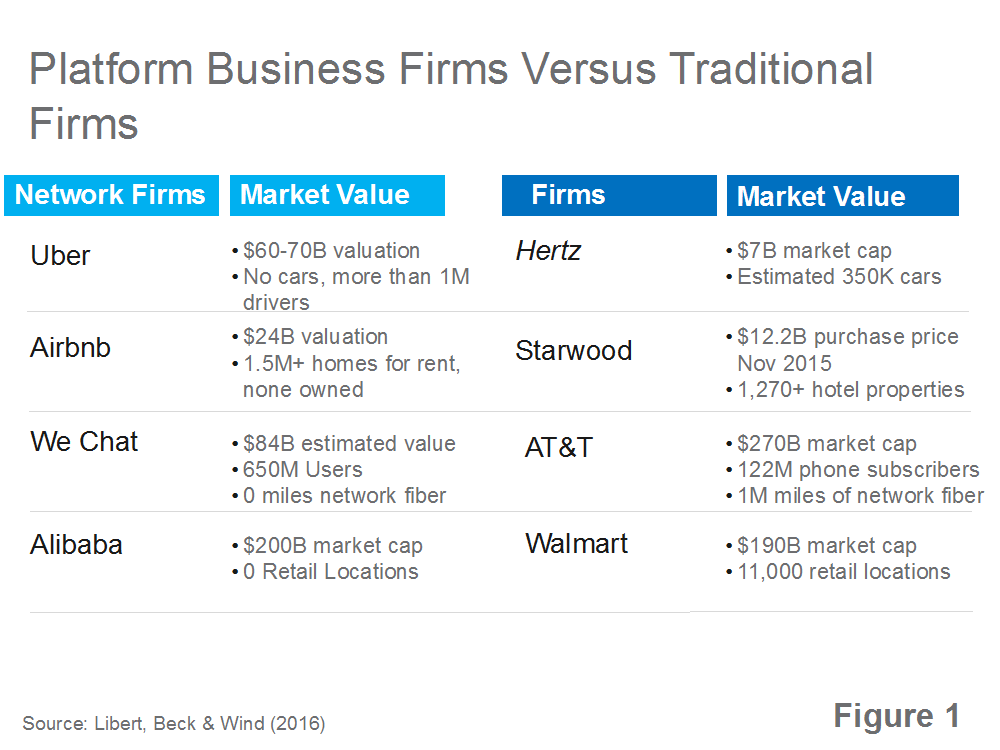Perspectives
Business Platforms: Rethinking your Experience
7 January, 2019 | Written by: Zoe Clements
Categorized: Perspectives
Share this post:
“I’ve learned that people will forget what you said, people will forget what you did, but people will never forget how you made them feel.” (Maya Angelou)
A few years ago I was having breakfast on a small island in the Grenadines. One of the staff expressed his concern at the mosquito bites on my leg that were sore and swollen. He suggested Aloe Vera would help to soothe them. Ten minutes later he returned with a plate of freshly sliced Aloe Vera from the island wrapped to take back to my room. I was so impressed, it was a gesture of kindness, an offer of assistance, and not only that it worked and soothed my pain.
I will never forget that cool, calming feeling and his kindness.
Last December my husband and I went out for a meal. We had just ordered when he received a text from his bank asking if the last 3 transactions were his – someone was fraudulently using his account details for a £1200 transaction. He texted back immediately to say no and they asked him to call the fraud team. It took 2 hours to talk to someone, the line was disconnected several times and the transaction went through on the second attempt. He would have to wait for a fraud investigation to decide if he should have his money returned.
This generated a very different feeling – anger and frustration.
The first example may not be an example related to technology, but it begs the question. How do we create more Aloe Vera moments and can technology help to create valued experiences?
Having explored business ecosystems and associated digital platforms, I paused to consider why I thought they were key moving forwards.
I think they give us the opportunity to rethink the Client experience, to get close to creating that Aloe Vera moment.
Introduction
Business ecosystems and associated digital platforms have changed the business landscape. Pioneering firms such as Uber and Airbnb thought very differently about value creation and asset ownership creating new business models through the use of digital technology with little or no under-pinning physical infrastructure. Disruptive technologies like AI, Mobile, Cloud, Blockchain and the Internet of Things (IoT) are enabling entrepreneurs and leading organisations to think differently about business.
Many companies are recognising this transforming world and adjusting their strategy to consider new business models. Whilst this began predominantly with born on the cloud companies, we are now seeing a growing focus on platform business models from Industry leaders.
What is a Platform Business Model?
A platform business model is one that:
- Provides an environment in which parties can connect, interact and collaborate
- Offers opportunities for product and service integration and personalization
- Supports accelerated innovation
An ‘industry’ platform business model begins its journey from a particular industry and targets industry participants. It may span into other industries by desire or evolution.
A well-established example of a platform business model is e-Bay. It creates and shares value with its ecosystem, bringing together over 70 million buyers and sellers. A few examples of value creation include:
- Providing tools to sellers to create professional looking online listings
- Charging a moderate fee to coordinate trading activities
- Building confidence in the system by allowing buyers and sellers to rate one another
By sharing value eBay continues to grow its own healthy ecosystem.
A newer example of a platform business model is TradeLens, an IBM and Maersk jointly developed platform focused on connecting the global supply chain ecosystem. Its aim is to reduce the cost of transportation and to address the lack of visibility and inefficiencies with paper-based processes. The platform was created to be fully open and neutral, providing an environment where all players in the global supply chain can participate and extract significant value.
According to the World Economic Forum, by reducing barriers within the international supply chain, global trade could increase by nearly 15%, boosting economies and creating jobs around the globe.
Why Explore Platform Business Models?
In a nutshell, Industry platforms are points of control for value creation and monetisation that can drive new disruptive business models. They provide the opportunity to rethink the experience for all participants, perhaps even to create that Aloe Vera moment.
Libert, Wind & Beck suggest organizations taking advantage such as Airbnb and Uber “are affecting growth, scale and profit potential for companies across the board. “ [..] “The question isn’t whether your organization needs to change, but when and how much”.
This is not just a concept, it is a reality. Figure 1 highlights a sample of industries that have been turned upside down by platform business models. There is a natural debate of whether the valuations are overrated. However, there is no doubt that these firms thought very differently about value creation and the ownership of assets creating new, innovative business platform models.

This leads to a crucial question:
Have you and your company started to consider what new platform business models might come out of your industry?
If you want to explore this topic further take a look at the pull of platform business models in the IBM Institute for Business Value Global C-Suite Study.
If you need some help to get started look out for the next Blog where I will discuss techniques for identifying new platform business models.

Corporate Technology Advisor, IBM CHQ, Innovation and Technology
Preparing for the defence of the Realm
In light of current conflicts, the UK is now faced with real-world military decisions that will affect our immediate future. Ed Gillett and Col Chambers assert that industry and government must switch to a readiness mindset before the European post-war peace shatters. “My vision for the British Army is to field fifth-generation land […]
Frontier Fusion: Accelerating the Path to Net Zero with Next Generation Innovation
Delivering the world’s first fusion powerplants has long been referred to as a grand challenge – requiring international collaboration across a broad range of technical disciplines at the forefront of science and engineering. To recreate a star here on Earth requires a complex piece of engineering called a “tokamak” essentially, a “magnetic bottle”. Our […]
Safer Technology Change in the Financial Services Industry
Many thanks to Benita Kailey for their review feedback and contributions to this blog. Safe change is critical in keeping the trust of customers, protecting a bank’s brand, and maintaining compliance with regulatory requirements. The pace of change is never going to be this slow again. The pace of technology innovation, business […]





























